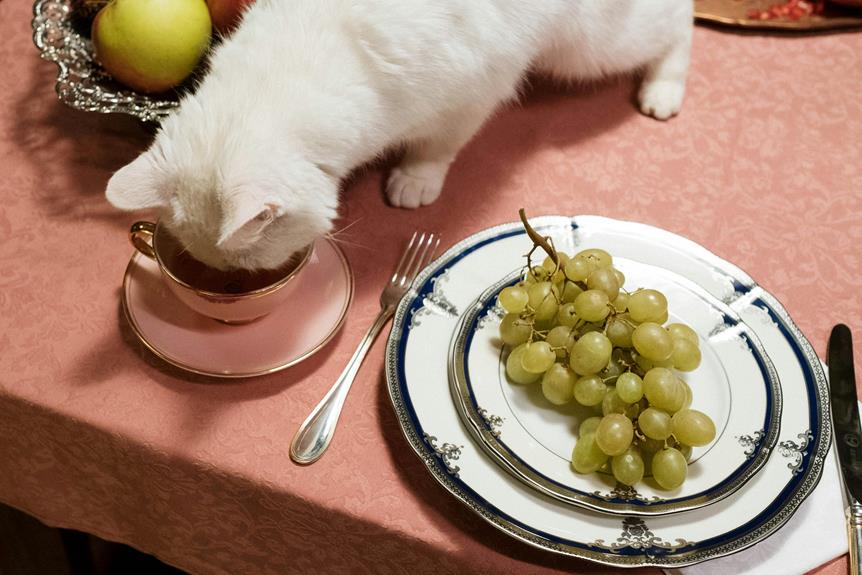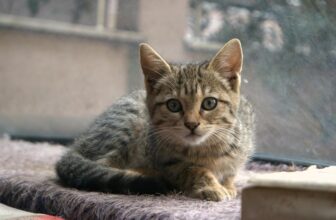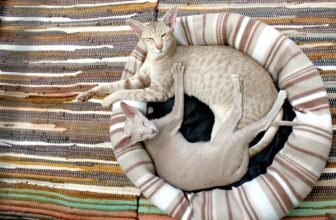
When selecting the appropriate cat food for your furry companion, you must navigate through a plethora of options and considerations. The process involves more than just picking a bag off the shelf; it requires careful evaluation of ingredients, nutritional content, and your cat's specific needs. Making an informed decision goes beyond the surface of catchy packaging or trendy marketing claims. Understanding the nuances of feline dietary requirements is key to ensuring your pet's well-being and longevity. So, how exactly do you sift through the sea of choices to find the perfect match for your feline friend?
Cat Food Ingredients
When selecting cat food, you should carefully examine the ingredients listed on the packaging to ensure you're providing your pet with a balanced and nutritious diet. Look for high-quality protein sources like chicken, fish, or turkey listed as the first ingredients. Avoid products that contain fillers such as corn, wheat, or soy, which provide little nutritional value for your cat. Additionally, check for essential nutrients like taurine, vitamins, and minerals that are vital for your cat's overall health.
Steer clear of artificial colors, flavors, and preservatives that can be harmful to your cat in the long run. Opt for natural ingredients that are easier for your pet to digest and can help prevent allergies or digestive issues. Remember to also consider your cat's specific dietary needs based on factors like age, weight, and any existing health conditions. By choosing cat food with wholesome ingredients tailored to your furry friend, you can ensure they lead a happy and healthy life.
Understanding Dietary Requirements
To ensure your cat stays healthy and thriving, it's crucial to understand their specific dietary requirements. Cats are obligate carnivores, meaning they need a diet rich in animal-based proteins to meet their nutritional needs. Protein from sources like meat, poultry, and fish is essential for muscle maintenance and overall health.
In addition to protein, cats require taurine, an amino acid that's vital for heart function, vision, and reproductive health. Unlike dogs, cats can't produce taurine on their own and must get it from their diet. Make sure any cat food you choose contains adequate levels of taurine to support your feline friend's well-being.
Furthermore, cats need a balanced mix of vitamins and minerals to stay healthy. Look for cat foods that are formulated to meet the Association of American Feed Control Officials (AAFCO) standards to ensure they provide the necessary nutrients for your cat.
Understanding your cat's dietary requirements is essential for selecting the right food to support their health and vitality. Prioritize high-quality, protein-rich foods that meet your cat's specific nutritional needs.
Considering Your Cat's Preferences
Considering your cat's preferences plays a significant role in ensuring they enjoy and benefit from their diet. Cats, like humans, have their own tastes and preferences when it comes to food. Some cats prefer wet food due to its moisture content, which can help keep them hydrated, while others may enjoy the crunchiness of dry kibble.
Observing your cat's behavior during feeding times can give you valuable insights into their preferences. For example, if your cat eagerly devours wet food but seems less interested in dry food, it's a clear indication of their preference. Additionally, pay attention to any food allergies or sensitivities your cat may have as these can impact their enjoyment of certain foods.
Offering a variety of flavors and textures can also help cater to your cat's preferences and keep mealtime exciting for them. By considering your cat's preferences, you can ensure they look forward to mealtime and receive the necessary nutrients for their health and well-being.
Choosing Between Wet and Dry Food
For cat owners, deciding between wet and dry food can depend on factors like their pet's age, health needs, and personal preferences. Wet cat food typically has higher water content, which can be beneficial for cats who don't drink much water or have kidney issues. It's also more flavorful and aromatic, appealing to picky eaters. On the other hand, dry cat food is convenient, has a longer shelf life, and can help maintain dental health by reducing plaque and tartar buildup.
When choosing between wet and dry food, consider your cat's age. Kittens and senior cats may benefit from wet food due to its higher moisture content and easier digestion. For cats prone to obesity, dry food can be a better option as it's less calorie-dense. Additionally, if your cat has specific health issues like urinary tract problems, your veterinarian may recommend a particular type of food. Ultimately, the best choice depends on your cat's individual needs and what works best for both of you.




